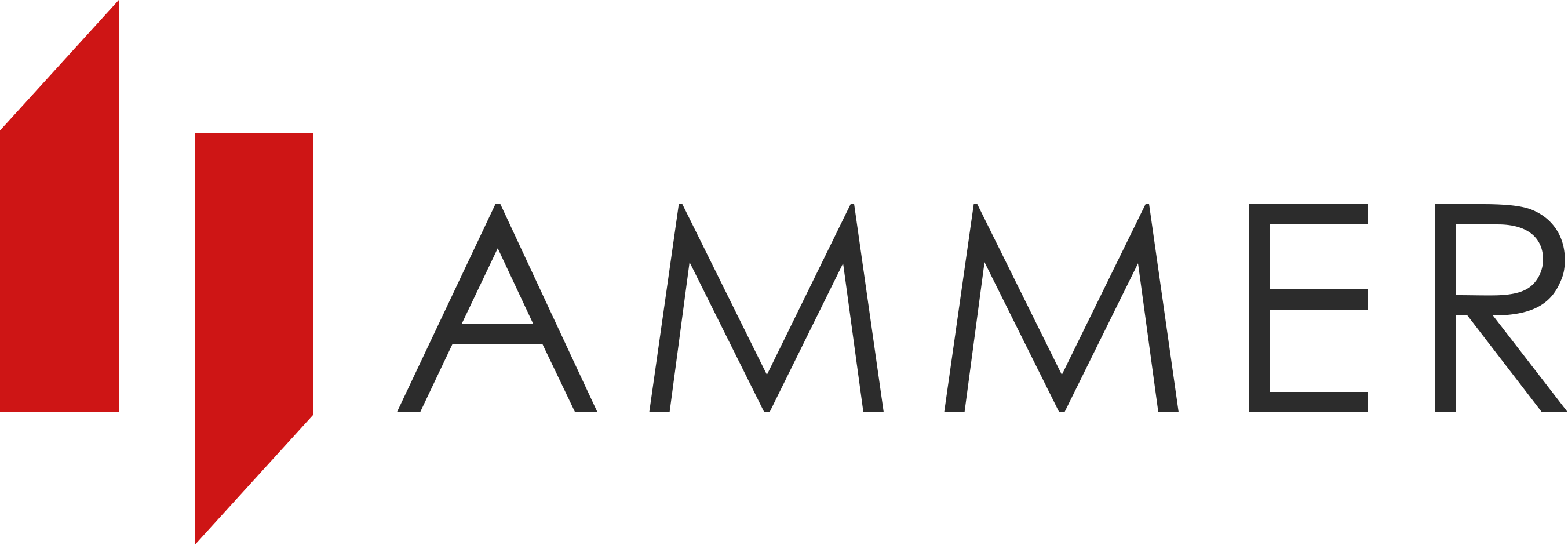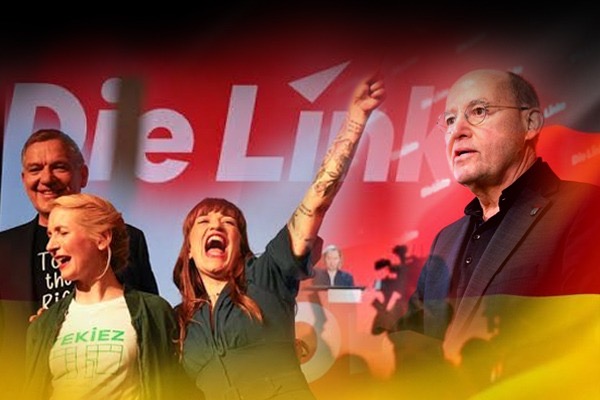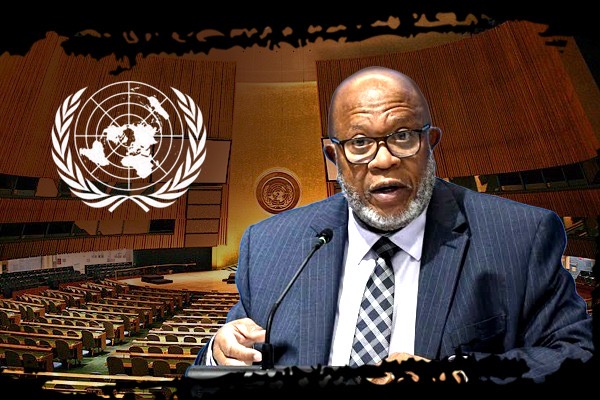As Germany approaches its 2025 federal election, left-leaning political parties are facing a tough challenge. With shifting voter opinions, economic concerns, and internal divisions, their ability to stay influential is at risk. The far-right Alternative for Germany (AfD) is gaining ground in the polls, and a new populist-left party is shaking things up, making it uncertain whether the left can hold on to its power.
A Divided Left
The Social Democratic Party (SPD), which leads the current government under Chancellor Olaf Scholz, has seen its support drop to 15–18% in recent polls, a significant decline from its victory in 2021. Many voters blame the SPD for slow economic growth, rising inflation, and unpopular climate policies. The Greens, who are central to Germany’s energy transition, are facing criticism for the high cost of green reforms but still maintain steady support around 13–16%.
However, the most significant shift is the fragmentation of Die Linke (The Left), a democratic socialist party. The party has been deeply divided over issues like NATO and Russia’s war in Ukraine, causing its support to plummet to just 4–5%, close to the 5% threshold needed to enter parliament. The rise of the Sahra Wagenknecht Alliance (BSW), a new populist-left group founded in early 2024, is making things worse. Led by controversial politician Sahra Wagenknecht, BSW combines left-wing economic policies with skepticism toward Western sanctions on Russia and opposition to military aid for Ukraine. Polling at 5–7%, it is pulling votes away from both Die Linke and the SPD.
Economic Woes and Right-Wing Support
Voters are increasingly focused on economic problems, high energy costs, and concerns about migration. The AfD is tapping into this frustration, now holding 15–20% of the vote and positioning itself as an alternative to the current government. This surge has drawn working-class voters, especially in eastern Germany, away from the SPD.
Complex Coalitions Ahead
Analysts expect a fragmented Bundestag after the election, with six parties likely to win seats. The SPD and Greens may have difficulty forming a new coalition with the pro-business FDP, which has disagreed with the Greens on fiscal policies. The CDU/CSU conservative bloc is leading the polls at 30% and may try to form alliances with smaller parties, but mainstream parties have ruled out any cooperation with the AfD.
A Critical Moment for the Left
For Germany’s left, the upcoming election is crucial. The SPD needs to balance its centrist policies with progressive promises, while the Greens must defend their climate policies without losing support from middle-class voters. Die Linke’s future depends on rallying its supporters, but the rise of BSW and its controversial foreign policy positions could further divide the left-wing vote.
With Germany facing economic and geopolitical challenges, the 2025 election could reshape the country’s political landscape. If traditional left-wing parties fail to unite, newer, more polarized movements could take their place, changing the future of progressive politics in Europe’s largest economy.





